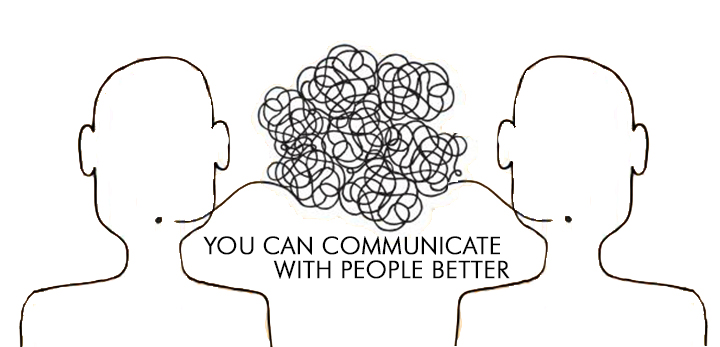Blog with Harmony in the Home

Many clothing stores have an aisle way or section where they sell clothes that are, ‘slightly irregular.’ When you go shopping in that area, you know that each and every item of clothing has some imperfection. Something is wrong – either a button is missing, a seam didn’t line up correctly, or something else. Some of the flaws are visible immediately; some of them aren’t.
As a customer, if you buy something from that area of the store, you know that there are no exchanges. You can’t bring an item back and return it AFTER you find a flaw that wasn’t visible in the store. If you want one of those items, you have to accept it ‘as is.’
There is a difference between buying clothes and dealing with people . . . with clothes there is only a section of the store with items that are imperfect. When we enter into a relationship with a person, we’ve got to realize that we’ve been ‘shopping’ in the ‘slightly irregular’ aisle. That’s the only condition that people come in.
A relationship may start off strong and last for a while, because the flaws are not obvious. However, get close enough to someone and you will eventually see their imperfections. What do you do what that happens?
Your first tendency is to blame the other person. After all, you’re the one that’s normal, aren’t you? To have a healthy relationship you’ve got to realize that you, also, come from the ‘slightly irregular’ aisle. So, how can two imperfect people have a healthy relationship?
If you agree with my premise that in a marriage, both partners have faults, then the question I want to ask is this, “Whose faults are you going to focus on?” It’s just so much easier for us to see other people’s faults than to notice our own. However, criticizing someone else, when you’ve got problems that you need to deal with, is hard on a relationship.
If you stop to think about it, whose responsibility is it to change some one else’s faults? It really isn’t yours, nor is it your partner’s responsibility to change your faults.
Instead of criticizing the other person, why don’t you ask, ‘What do I need to change in me?’ You’ll find that time spent working on your own ‘imperfections’ is much more profitable than criticizing the other person, both for you and for the relationship.
You’ll have God wanting to work with you, you’ll have a greater level of peace in your life, and your relationships will be better off. Isn’t that what you really wanted?
- Details
- Category: Blog with Harmony in the Home

People talk differently. Any time two people attempt to communicate with each other, usually one is more talk-a-tive and one is quieter; one is a faster thinker and the other uses a slower processor. Often times those differences lead to a lack of communication – only one person’s views are heard and neither is understood. In order to have a more effective, two-way conversation use the banana principle . . . have the more talk-a-tive person stuff a banana in their mouth. Seriously, what can be done to improve communication?
Quieter people do have thoughts, feelings, ambitions, and desires . . . they just don’t share them as quickly, or as easily, as others. The faster talker will have to do three things to draw out the thoughts of a quieter person.
First, they are going to have to learn to wait patiently for an answer. A slower thinker / slower talker has to be given time to formulate and articulate an answer. Quick talkers can’t get impatient if they want to know what others are thinking.
Second, they are going to have to value the answer they do receive. Slower talkers usually don’t say much, so when they do, their words need to be treated like a treasure. To follow the principle of rewarding behavior that you want repeated . . . appreciate that the person shared their thoughts, even if you disagree with what was said.
Third, make it safe for the quieter person to share their views. There’s a reason why some people clam up, even if that upsets the person they’re talking with. Often, experience has taught them that it is worse if they do speak up. So, they’ll just take the hits that come with not talking, knowing that those hits won’t be as bad as the ones they would suffer should they share their opinion.
People need to learn to hold their tongue. If they lash out in anger or use harsh words in response to someone sharing their thoughts, they’ll get a response of either silence or escalated anger . . . neither of which leads to good communication.
Remember, if a talker wants to learn something . . . use a banana!
- Details
- Category: Blog with Harmony in the Home
